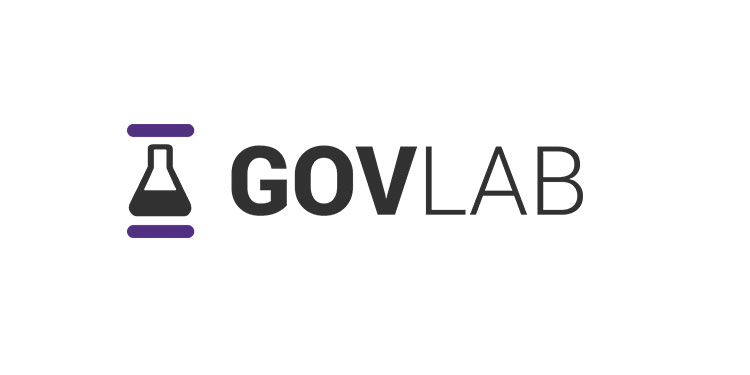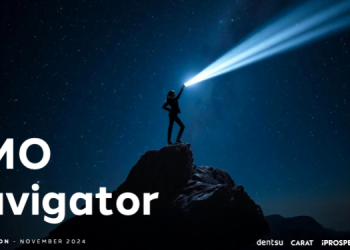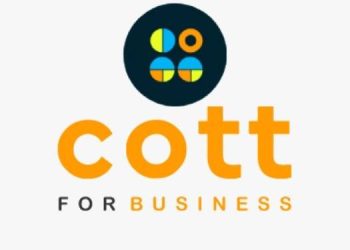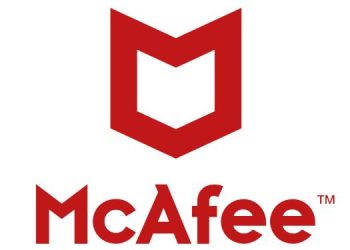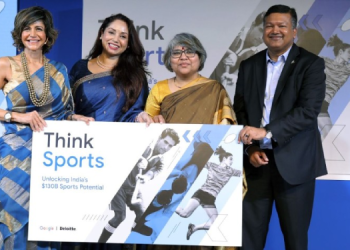New Delhi: The year 2020 and COVID-19 have proven to be a catalyst for the growing importance of online communities in India with 92% of respondents in a study saying they received some form of support through online community groups during the pandemic. Over 38.8% of people in India said the online groups have become “significantly more important”, as compared to responses from the rest of the world (29.5%). As per the report, “The Power of Virtual Communities”, 91% of the respondents globally said they were able to provide some form of support via these online groups, whether it was helping local vulnerable residents with their groceries during the lockdown, sharing vital information from health authorities, emotional support or providing financial support to local businesses.
The report conducted by The Governance Lab (The GovLab) at the NYU Tandon School of Engineering in partnership with Facebook found that more than 1.8 billion people across the world use Facebook Groups every month, more than half of all users are in five or more groups, and over 70 million admins and moderators are running Facebook Groups. More than 5.5 million people in India are part of active parenting groups on Facebook. At least 43.8% of Indians find a sense of belonging in online groups and 42.1% of Indians’ most important group is online.
Ajit Mohan, VP, and MD of Facebook India said, “People use our family of apps to express themselves, connect with each other, find meaningful connections and build supportive communities. The pandemic has shown how important these online communities are. Digital communities have brought people together around a shared trait or interest and have become spaces for people to find compassion and support. This report and its findings reaffirm our mission of connecting people and bringing the world closer together and online communities continue to be a big part of that mission.”
The GovLab interviewed 50 leaders of Facebook Groups from 17 countries, 26 digital community experts in 11 countries, along with Facebook internal research, literature review, and a parallel survey conducted by YouGov involving 15,000 respondents from 15 countries to learn more about the role of communities in a digital age, role of leaders, and how Facebook can best support them in running their communities. Results from the YouGov survey and the interviews with group leaders indicated that the three most essential traits for a leader to have were welcoming differences of opinions, being visible and communicating well, and acting ethically at all times.
The past year also witnessed many public figures investing and building close-knit communities across the world. This enabled them to have meaningful conversations with their fans on topics they deeply care about. Many leveraged existing digital platforms to reach out to people to offer a safe space to talk, share expert knowledge and practices to create a sense of belonging for the community members.

Examples of these findings could be traced across many impactful Facebook Groups, such as HumanKind Global (previously Caremongers India) that started to coordinate a volunteer-led effort delivering necessary supplies to anyone in Bangalore who needed help. The Facebook Group has grown to more than 50,000 members. A parenting group, First Mom’s Club that started in 2010 to discuss various aspects of motherhood gained significant traction during the pandemic as it provided a platform for first-time mothers to de-stress. “Around March 2020 when the country went into a complete lockdown, we decided to make laughter our best medicine for first-time moms to get over the stress. It encompassed unfiltered thoughts from home-bound but free-thinking, ordinary, moms who, let’s face it, do the extraordinary every day,” says Ruchita Shah, founder of First Moms Club. The community has more than 70,000 members today.
While the report concludes that more research is needed to understand whether and how Facebook Groups will operate as genuine communities over the long term, it further recognizes the growing importance of these communities and their leaders and why it is important to support and help them build, grow, and scale their communities. These are everyday people who start the groups, many without any training, and they run them as a labor of love. As a step towards empowering admins and moderators, Facebook provides support to all community leaders through tools and programs such as the Facebook Certified Community Manager Program and Community Accelerator.
Download the full report and the executive summary here.

